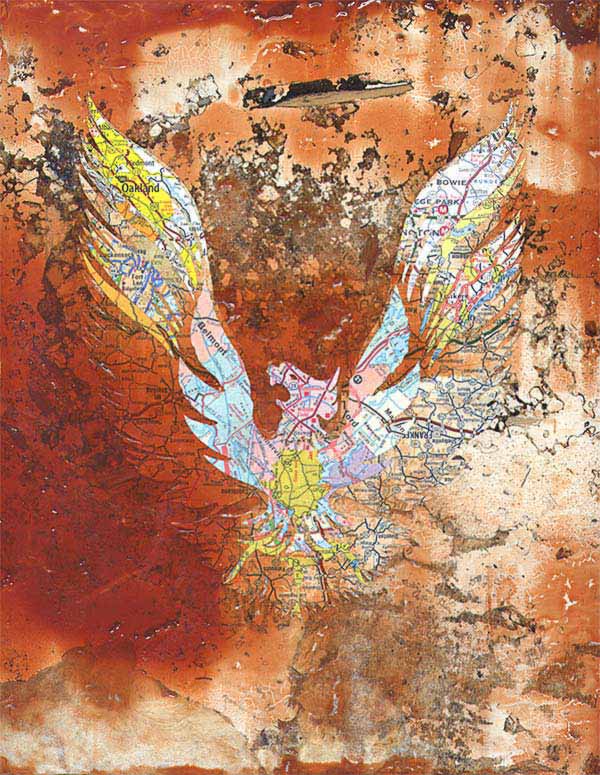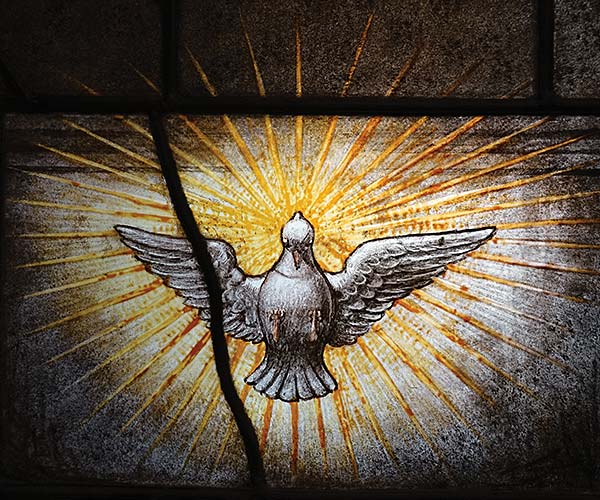Subtotal: $
Checkout-

Editors’ Picks: “Dirty Work”
-

Editors’ Picks: “Millennial Nuns”
-

Editors’ Picks: “Directorate S”
-

Letter from Brazil
-

Peace for Korea
-

Flannery O’Connor
-

Covering the Cover: Made Perfect
-

Calling from the Edge
-

The Disability Ratings Game
-

The Way Home
-

The Beginning of Understanding
-

Time for a Story
-

The Island of Misfit Toys
-

A More Christian Approach to Mental Health Challenges
-

Made Perfect
-

Mary’s Song
-

The Art of Disability Parenting
-

When Merit Drives Out Grace
-

Hide and Seek with Providence
-

Unfinished Revolution
-

Falling Down
-

The Hidden Costs of Prenatal Screening
-

The Baby We Kept
-

The World Turned Right-Side Up
-

The Lion’s Mouth
-

How Funerals Differ
-

One Star above All Stars
-

Stranger in a Strange Land
-

Spaces for Every Body
-

Poem: “Consider the Shiver”
-

Poem: “No Omen but Awe”
-

Poem: “So Trued to a Roar”

Next Article:
Explore Other Articles:
This Forum features responses to Plough’s Autumn 2021 issue, “Beyond Borders.” Send contributions to letters@plough.com, with your name and town or city. Contributions may be edited for length and clarity, and may be published in any medium.
A Common Language
On Peter Mommsen’s “On Not Knowing Esperanto”: Esperanto was and is a noble idea. I found it useful when visiting other countries and staying in an Esperantist’s home. China had a vigorous Esperanto school program, as did many other nations. I was on a committee touring Canada about bilingualism. We recommended Esperanto as a common second language. It seems to me that when we identify with some culture, ideology, or nation, inevitable separations occur and we lose the chance to be nobody in particular, just a human being with the world as our community.

Matthew Cusick, Firebird, maps, enamel, plaster, and coffee grains on OSB, 2002 Artwork by Matthew Cusick. Used by permission.
Esperanto and other such artificial schemes to create universal brotherhood may not succeed in their goals. However, I feel obliged to put in a word of thanks for Esperanto. My father, Josef Ben-Eliezer, a Holocaust survivor and an avowed atheist in his younger years, came across the community movement behind Plough through an advertisement in an Esperanto paper in the 1950s. As a seeker after a life of brotherhood (and by the way, also always an admirer of Gustav Landauer), he was able to correspond in Esperanto with an English-speaking member of that community, without knowing any English. He later came to visit the community and there, to his own great amazement, experienced that it is through faith in Jesus that true brotherhood is possible.
Back to the Church
On Russell Moore’s “Integrity and the Future of the Church”: The integrity of Jesus got him driven out of a sanctuary and down a cliff after his first sermon. Jesus embodied truth because his life was fully integrated – there was no distance between his life and his words. Those in power recognized the threat Jesus posed. Here was a person of such impenetrable integrity, whose words, life, and being were so unified that no carrot or stick could corrupt him into complicity or silence. I have hope that one day “the church” will realize the importance of mercy, integrity, and credibility. If not, God can tear down the stones and build another one.

Holy Spirit, stained glass in the Church of Saint-Étienne-du-Mont, Paris, France. Photograph by Guilhem Vellut (public domain)
By the grace of God, the church is more than its people. Otherwise, it would be left even more fragmented and frayed at the edges, somehow, than it already is. But how can those who long to be faithfully “in the world but not of it” continue to cleave to an evangelical culture now often (though not always) so radically antithetical to the gospel in fundamental ways? What do we do with the in-betweeners, the pseudo-exvangelicals who simply stop claiming membership anywhere because they see so little of the Christ they longed to imitate themselves – or more to the point, who were hurt too deeply by those who claimed to represent him?
I have floated along these boundaries, swallowed these questions whole for most of my adulthood. After growing up surrounded by multiple generations of genuinely good Southern Baptists, a few terrible experiences left me a little more broken (though no less committed) and a little more curious to see what more there might be of faith beyond the version I’d always known. When I moved into a soup kitchen after college as part of a full-time volunteer program, my family prayed for my soul for all the wrong reasons. They feared that I was getting too interested in “liberal” ideas because I felt safer among books than in church services.
I was one of the lucky Millennials who eventually managed to wander back to the church through Christ himself. Every day, though I often continue to hover close to the edge, I am grateful not to have fallen into the abyss for good. But what happens to those who do? Why do so few in the remnant seem to try to find out? We are waiting.
Already a subscriber? Sign in
Try 3 months of unlimited access. Start your FREE TRIAL today. Cancel anytime.









































